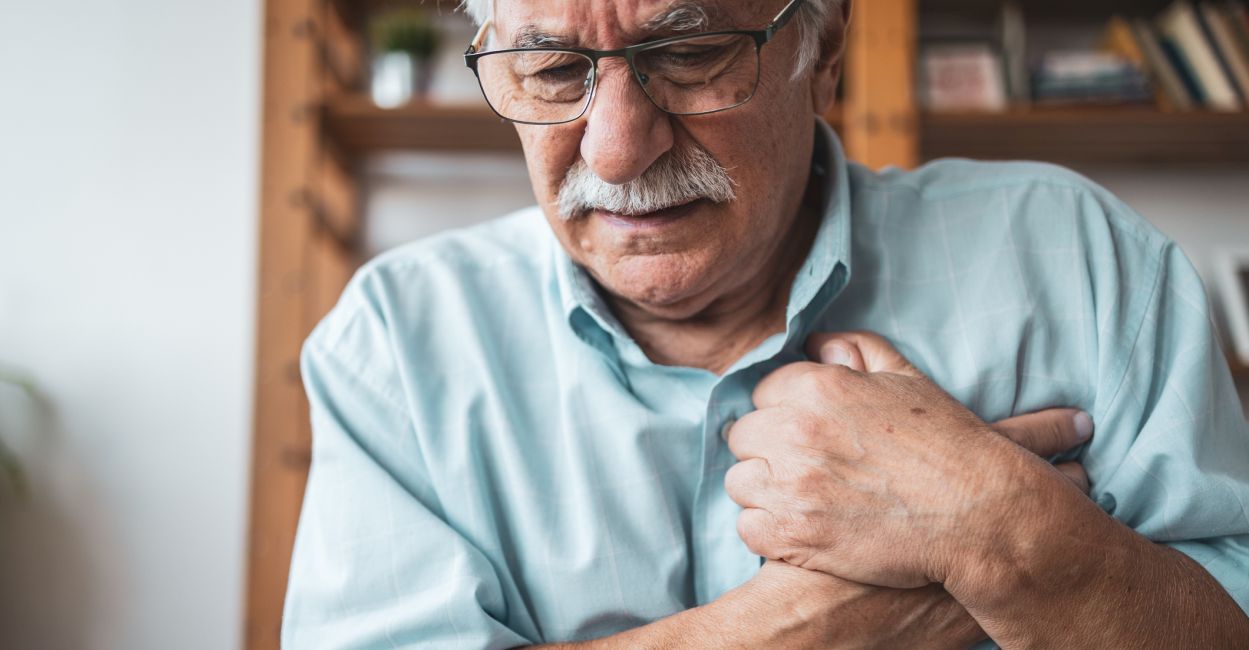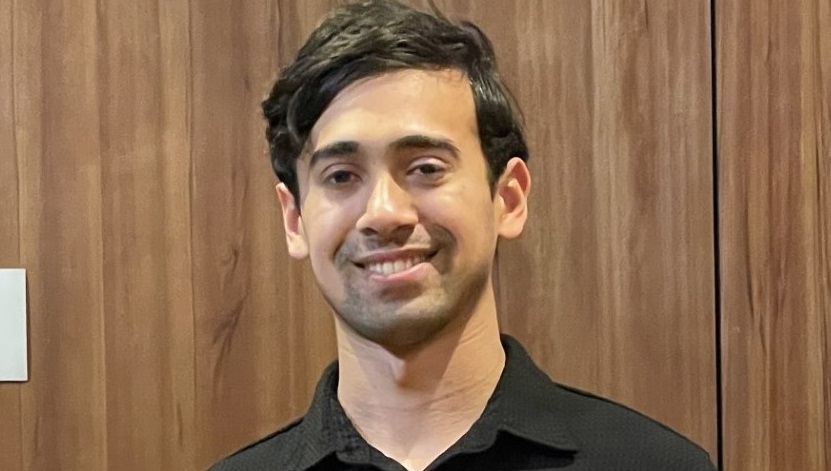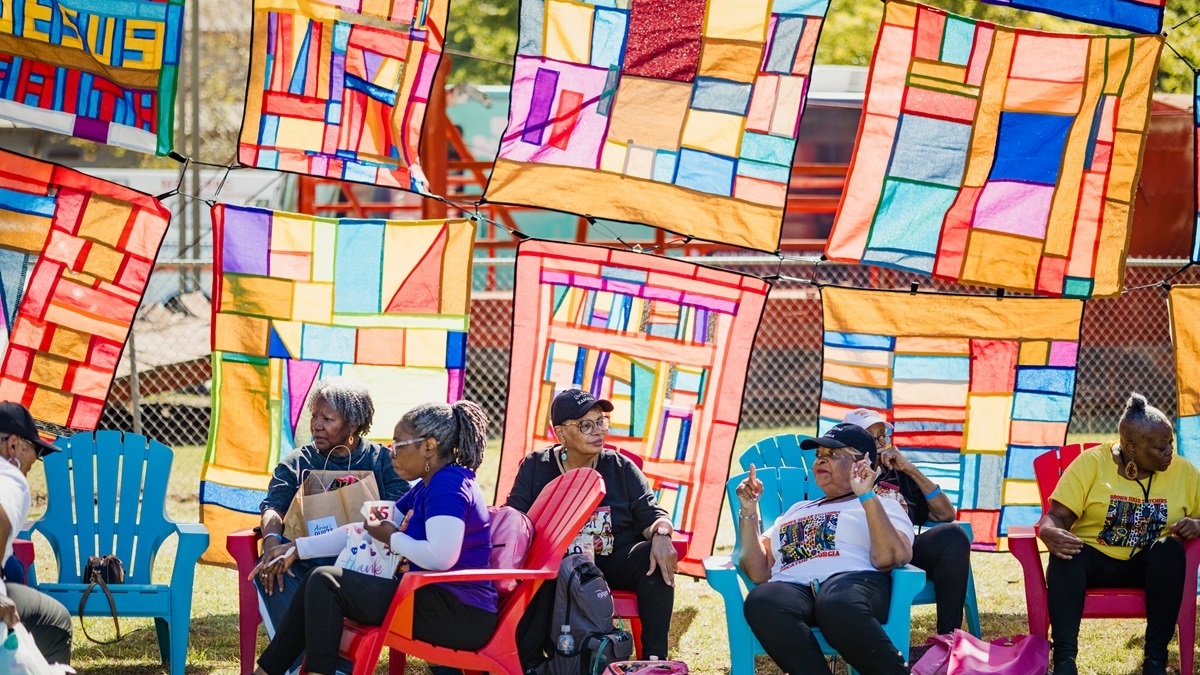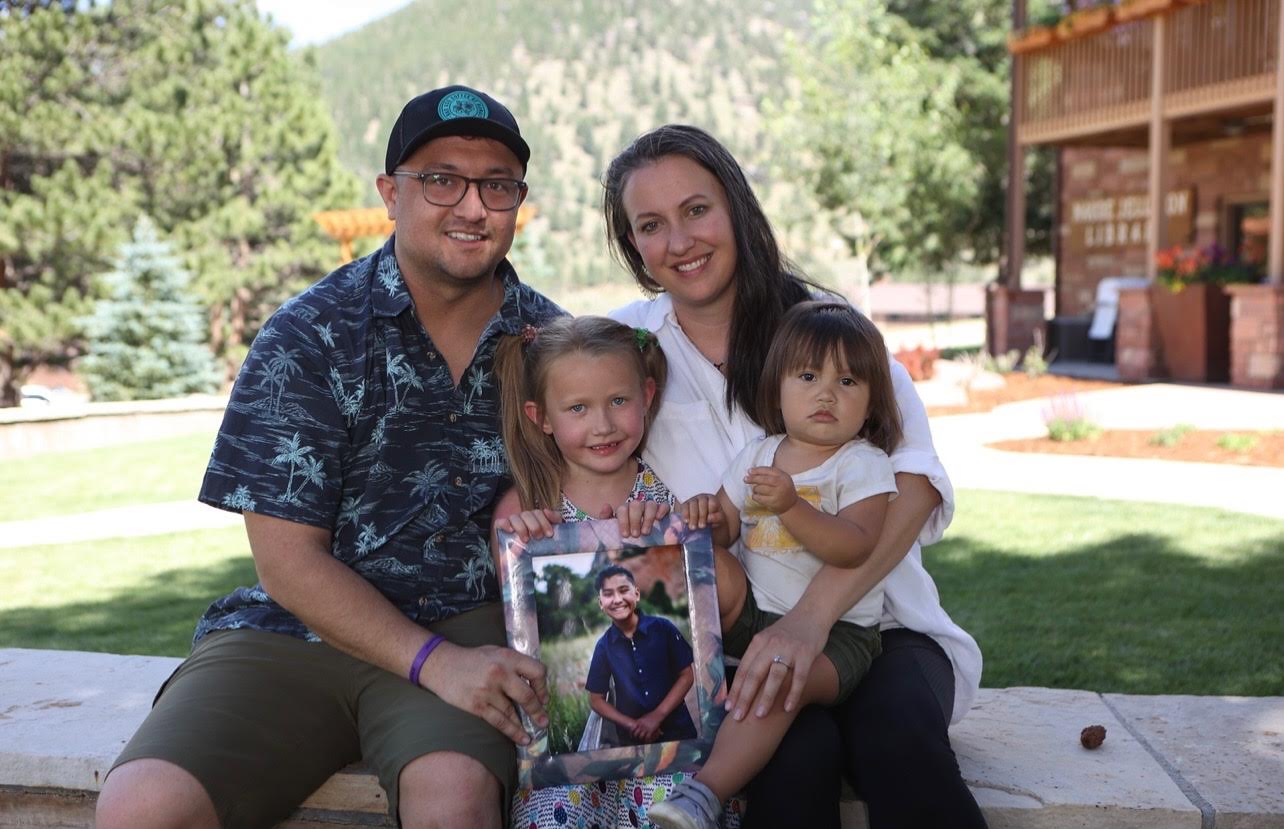Community shines light on a little-known incident in civil rights-era Birmingham
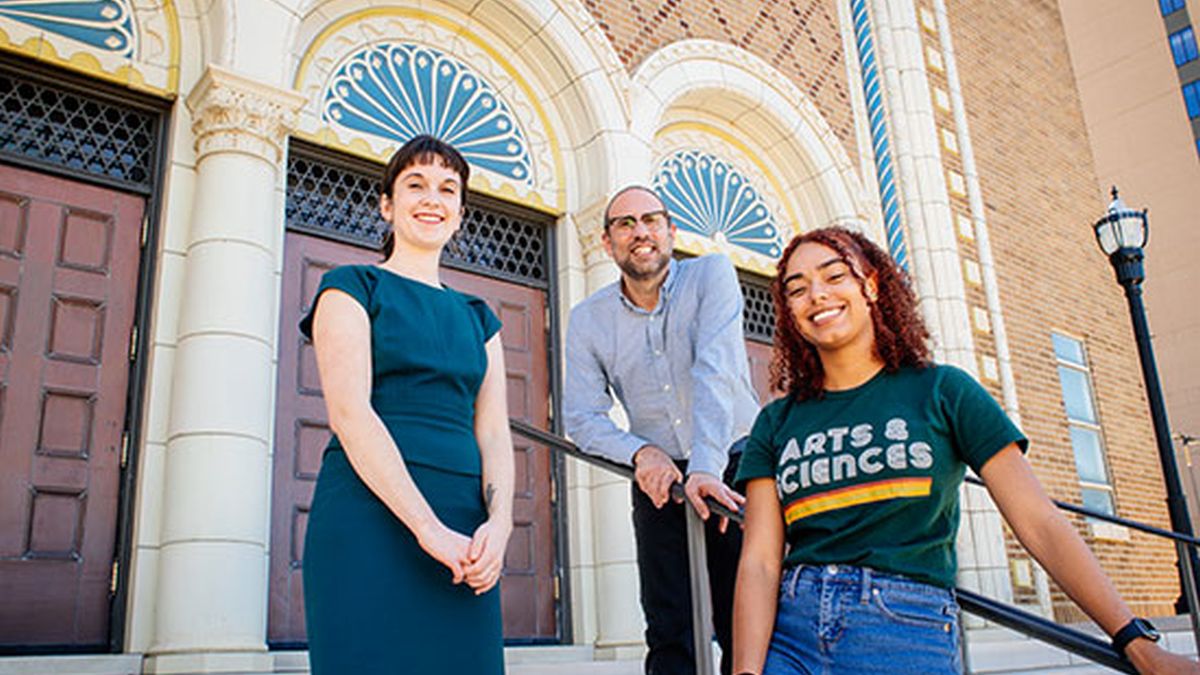
UAB history students and faculty are contributing to the Beth El Civil Rights Experience, an effort by the congregation of Birmingham’s Temple Beth El to share the experiences of members of the city’s Jewish community during the era, including an attempted bombing in 1958. (Steve Wood / UAB)

Temple Beth El is the physical location of the Beth El Civil Rights Experience in Birmingham. (contributed)
“The dynamite had been lit, but miraculously the fuse stopped before detonation.”
Between 1955 and 1963, there were 29 bombings or attempted bombings in Birmingham, including the Sept. 15, 1963, explosion at the 16th Street Baptist Church that killed four little girls and injured more than 20 others in the congregation. Churches were not the only targets in “Bombingham,” however. On April 28, 1958, someone placed 54 sticks of dynamite outside a window at Temple Beth El, one of the city’s oldest synagogues, which was founded in 1907 and opened its sanctuary on Highland Avenue in 1926.
As University of Alabama at Birmingham 2020 history graduate Imani Hanson explains in a walking tour dedicated to Birmingham’s Jewish history, the dynamite at Temple Beth El did not explode. But this was not an isolated incident. Across the South — in Atlanta, Jacksonville, Nashville and elsewhere — there was a wave of bombings and attempted bombings at Jewish institutions in 1957 and 1958.
On July 17, 2022, a historical marker about the attempted bombing at Temple Beth El was unveiled outside the synagogue. The marker and walking tour are part of a larger Beth El Civil Rights Experience initiative by the congregation that has been underway for more than two years. Hanson, who wrote the initial draft text for the marker, was one of several UAB student interns who have played a role in the initiative, which will include a multimedia exhibit and film, says Margaret Norman, director of Programming and Engagement at Temple Beth El.
“Since I’m not from Birmingham, this internship was a great chance for me to learn about the city and its history,” said Hanson, who is now completing a master’s degree in education at UAB, with the goal of being a history teacher. “You hear about what occurred in the civil rights movement, but to go and see the places where history happened and to take part in research was a special opportunity.” Hanson was a member of the Blazers track team, and while her parents were in Birmingham for a meet this spring, she was able to take them to see the marker at Temple Beth El. The internship “was a great experience,” Hanson said. “It made me look into other options of what I could do as a history major.”

Melissa Young, Ph.D., an instructor in the Department of History, has worked closely with Norman on the initiative as its official historian. (Young’s dissertation explored the early years of Jewish settlement in Birmingham after the city’s 1871 founding.) Jonathan Wiesen, Ph.D., professor and history department chair, serves on the congregation’s Civil Rights Commission and helped craft the final text for the historic marker. “We have been really thrilled to be connected to UAB throughout this initiative,” Norman said.
Similar crimes, contrasting responses
The Temple Beth El incident, unlike many attempted and actual bombings that targeted the Black community, made the front page of The Birmingham News and elicited an outpouring of sympathy and support. “The contrasting responses to similar crimes further highlight the unequal and unjust treatment that drove the civil rights movement,” Hanson explains in the walking tour narration.
“The reward was several thousand dollars, which was a substantial amount of money in the 1950s,” Young said. “The fund was started by board members of Temple Beth El, but the first non-Jewish member to donate was (notorious Birmingham Public Safety Commissioner) Bull Connor. It may have been a publicity stunt, but he told reporters that he was angry Beth El was targeted and that he was going to contribute the first $100 to the reward.”
Some members of Birmingham’s Jewish community were active in the civil rights movement. This included Jerome “Buddy” Cooper, a labor attorney who helped arrange for bail for youths arrested during the Children’s Crusade marches of May 1963, and Abe Berkowitz, who was part of a group called Citizens for Progress that helped make changes in Birmingham’s city government structure that led to Connor’s removal from office. But the community also faced economic pressures and physical threats during that time, highlighting the risks of speaking out. When 19 Northern rabbis flew to Birmingham in May 1963, several members of the city’s Jewish community, including Berkowitz, met them at the A.G. Gaston Motel to try to convince them not to march in support of the protests. Their appearance, the Birmingham group explained, could stoke antisemitic tensions and harm the ongoing negotiations that would lead to the boycott’s successful conclusion.
“The involvement of Southern Jews in civil rights activity exists along a spectrum,” narration for the walking tour explains, “with some participating in direct actions, some supporting behind the scenes, for example through legislative work, and some abstaining from involvement. Like other white allies, those who did act faced consequences for doing so. Temple Beth El member Karl Friedman was part of the committee that tried to turn away the visiting rabbis. He is remembered in the community for his sympathies and efforts toward the movement, which resulted in a bullet shot through the window of his home and slurs burned in his front yard.”
“People participated, or chose not to participate, for various reasons,” Young said. “Our goal with this whole project is for it to be very interactive — to have visitors reflect on ways that perceptions and environment can shape what you do and say and think.”
‘Every word matters’
“You have to think really hard about how you present this material in a concrete way that does justice to a number of parties and does not take away from the moving and substantial history of racism against Black citizens in Alabama,” said Wiesen, who is an expert on historical memory in Germany after the Second World War. In a tightly constrained, public setting such as a historical marker, “every word matters,” Wiesen said. When writing the text, “someone suggests a word and you run with it until someone says, ‘Actually, that could be read in this other way.’”
Hanson and other UAB student interns were able to take part in this process. While collecting archival material and interview transcripts, “we learned through different accounts how, like all movements, it’s not as cut and dried as one might hope,” said Mckay Allen, who graduated with a degree in history and minor in media studies in 2021. “There was a lot of push and pull from varying camps within the movement.”
Donnae’ Hampton, who graduated with a degree in history and a minor in African American studies in 2021, is now working toward her master’s degree in history at UAB. Hampton said she loves “immersing yourself in history” while doing archival work like what she was able to do at Temple Beth El — “going through primary sources, sorting them out and creating descriptions.” Hampton was particularly struck with the Caliph Washington case from 1955, in which a Black teenager was accused of killing a white police officer and remained in prison for years “though the evidence suggested that he was innocent,” Hampton said. “The Concerned White Citizens of Alabama did a lot of work to get him out of jail and plead his innocence.”
Her research also sparked conversations with her family, Hampton says, all of whom are interested in history. “I learned a lot about my family through my internship work,” she said. “They are from the Birmingham area, and I would talk to my grandma about the events I was studying. It was nice to be connected in that way.”
Value of internships
“I always encourage students so much to intern, because I know what a difference that can make in your path and research,” Young said. “I started off as a Civil War/Reconstruction historian; but then I interned at what is now the Alabama Holocaust Education Center, and that really changed my life and changed my interests.”
During his internship, Allen sorted through archival sources, helped with stops on the walking tour and created an animated short video explaining the Beth El Civil Rights Experience project, which is now featured on the temple’s website. “Like the internship itself,” the project allowed him to blend “my history and media interests together,” Allen said.
“We had an amazing time working with the UAB interns,” Norman said. “We loved having them and hope to have more.”
The Alabama Power Foundation is a supporter of the Temple Beth El Civil Rights Experience and the Alabama Holocaust Education Center.
’An opportune time’
“This really does seem like an opportune time” for this type of work, Wiesen said. “There are so many discussions today about the legacies of racism, the role of xenophobia and what we do about political hatred and discrimination. These are part of our national discourse and are particularly powerful in the South, with (Birmingham Mayor) Randall Woodfin making the first gesture of taking down the Confederate statue (in Linn Park in June 2020) and with the renovation of the Gaston Motel,” which was a headquarters for leaders during the civil rights movement but had fallen into disrepair. “The Beth El Civil Rights Experience is part of Birmingham’s attempt to broadly wrestle with its past,” Wiesen said.
The initiative officially launched in 2020 when Norman was hired and Young joined the project as official historian, but “this has been a longstanding desire of the congregation,” Norman said. “There was a core group of people who had been alive during the civil rights era, and they would share their experiences and what happened with Birmingham’s Jewish community” when Jewish groups would stop at Temple Beth El for Shabbat services. The goal is to have an exhibit open by appointment at Temple Beth El in 2023, Norman says.
“Birmingham has always been in the spotlight around these issues of discrimination and rightly around issues of segregation and anti-Black racism,” Wiesen said. “It’s exciting when a city and its community organizations are open about the past and can educate people about these events.”
This story originally appeared on the UAB News website.




